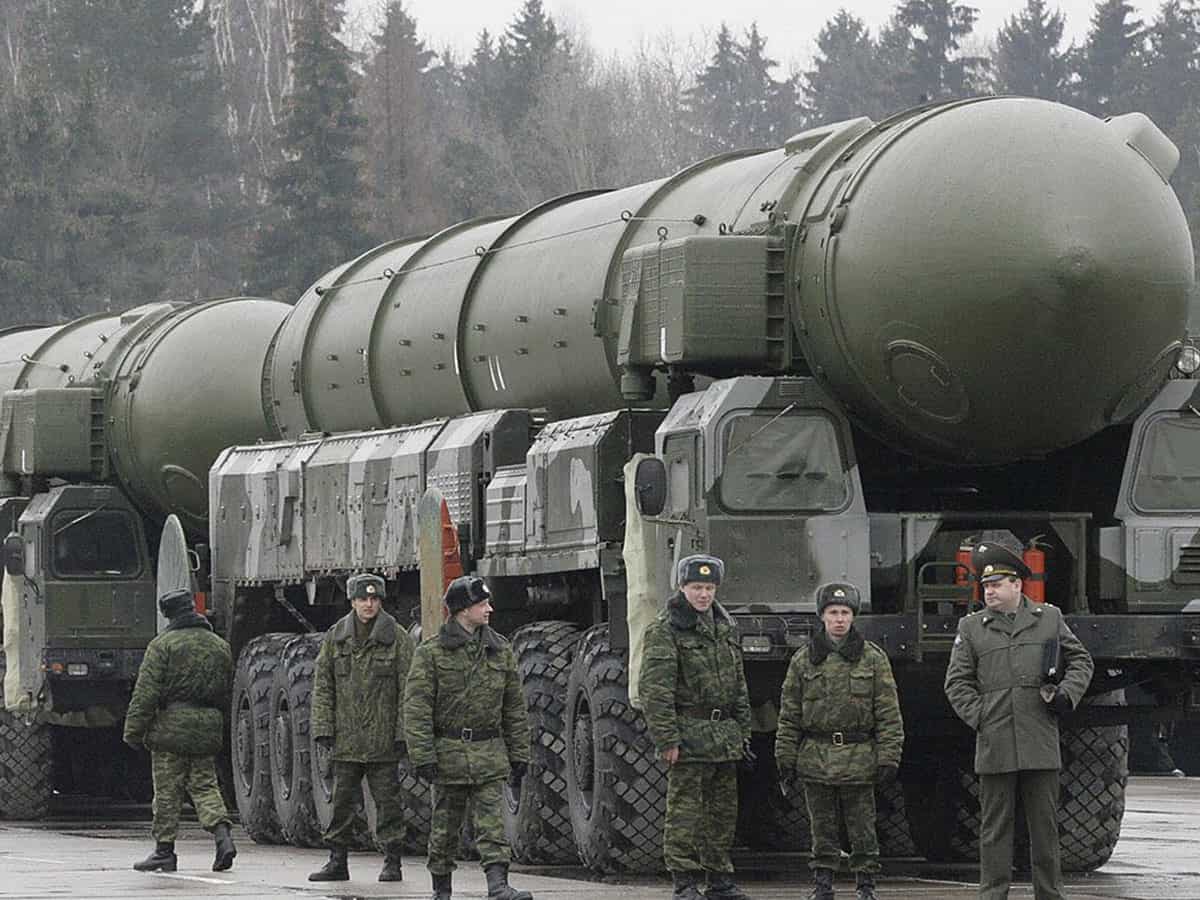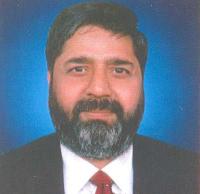

The Russian invasion of Ukraine, despite repeated pleas by the world leaders, especially the US president Biden of the United States, to refrain from this violent action that would be fraught with consequences, will have serious things in store for South Asia as the conflict is all encompassing and not a localized affair. History bears a testimony to this, India is witness to this, and Delhi should act in a manner that suits its standing as the largest democracy in the world that nurtures ambitions to become a global leader and at the moment it is one of the UNSC members as well.
The country of India’s size and population, always keen to defuse the crisis anywhere in the world, has not shown that leadership in the particular situation. its commitment to dialogue and diplomacy and swearing by the sovereignty and integrity of all the nations needs better articulation without offending any of the sides involved in the conflict that has the potential to spread beyond the geographies involved. Alongside the danger of military escalation as the US and its allies have stepped up their lethal support to Ukraine to fight Russia, but also the long term potential of expanding to other regions as a fallout of the ongoing conflict in eastern Europe.
India has signed a deal with Russia for S 400 units of advanced missile system worth Rs. 36,000 crore, and it is, so to say, one of the closest allies of the US in the region, part of the QUAD along with Japan, Australia, and one of the strategic partners to stand up to China. In the given situation, it is nearly impossible for India to remain unaffected by the Russian-Ukraine conflict which has blown into a full-fledged war, no matter what the nomenclature may be, “ special operations”.
The history of this conflict is directly related to the Soviet Union’s invasion of Afghanistan in the late 1970s and the dismemberment of the superpower, locked in a stiff contest with another superpower, the US. This dismemberment changed the whole landscape of the geo-strategic equations, and the worst sufferer was Russia. There were political scientists like Francis Fukuyama who declared, the end of history, though later he corrected himself.
The geopolitical equations have undergone a massive transformation since the collapse of the Soviet Union A unilateral world emerged after the end of the Cold War, and two things happened simultaneously Russia was reduced, and struggled to steady itself in world affairs as its stature had diminished and the US guided the world order, or, it became the world policeman.
While the US was intoxicated with its superpower status, it was hot by 9/11, and the country from where it had forced the Soviet troops out with the active assistance of Pakistan and ISI recruited “ Mujahadeen” in the 1980s, became its battleground where the American troops were in direct conflict with the Afghan Taliban and the fighters of Al-Qaeda, and the end result of which was forced exit of the US from Afghanistan in August last year. The clock had turned full circle. that was a moment to cherish for Russia, China, and of course Pakistan. India, which had invested heavily in infrastructure and development since 2002, was left to watch from the distance. It is now seeking its footprints through the humanitarian aid that has to pass through Pakistan to reach Afghan people via Pakistan. But that is too little and too late. Pakistan will not help India beyond a point, owing to its perennial hostilities with its eastern neighbour.
As the Ukrainian conflict threatens to involve the whole of Europe and disrupt the supply chains, particularly when the world is yet to come out of the traumas of the Covid 19. India, which also is one of the non-permanent members of the UNSC, has to weigh the whole conflict and its consequences not only in relation to its own geography and logistical needs in the region where it is located but also play a role in making things to work to end the war, which is the immediate danger spinning out of control. India must live up to its promise of being the global leader.
Prime Minister Narendra Modi, during the Covid crisis, had sent the vaccines to the world over to help the poor and needy countries and established itself as a vaccine leader. Now, it is confronted with another reality to save the world sliding into a bigger war and save its own population, reeling from high inflation. The rise in fuel prices is imminent and this in a country that is faced with a tense situation on borders with China and Pakistan cannot relax. It has to play an active role because the Ukrainian war will have its deep effect in South Asia. India needs to step in a big way, through diplomatic influence and its strategic needs, to become a leading partner in bringing peace in Europe before things become monstrous and catastrophic.

